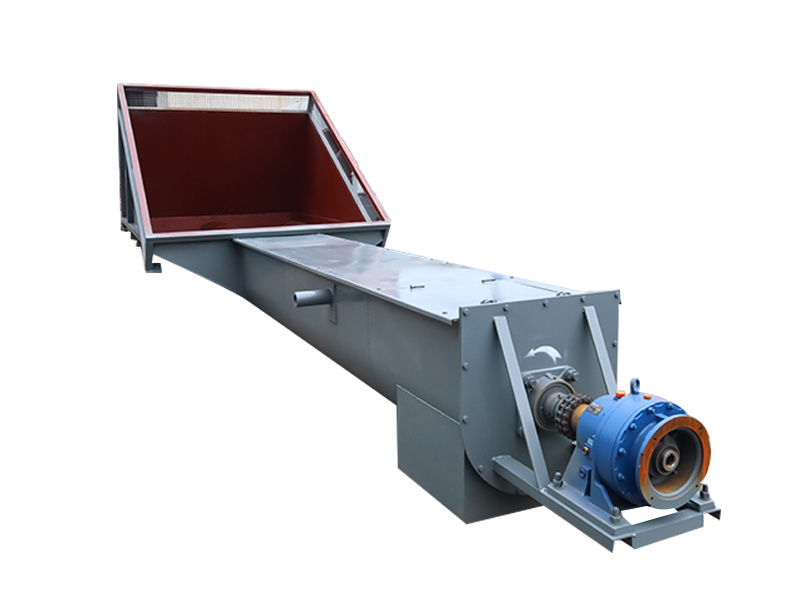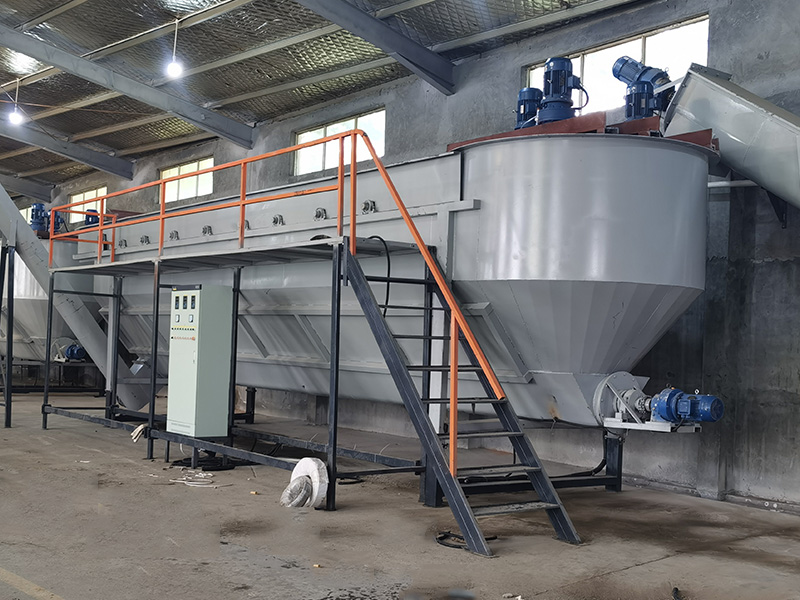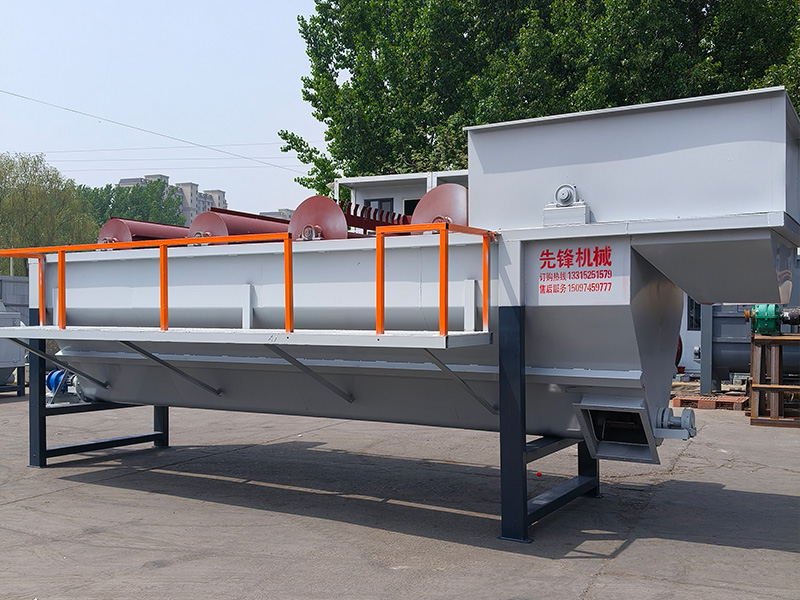Unlocking the Potential of Plastic Waste Valorization: A Sustainable Solution for the Manufacturing Industry
Plastic waste valorization is an emerging concept that addresses one of the most pressing environmental challenges of our time: plastic pollution. In the manufacturing industry, particularly within the realm of plastic processing machinery, the efficient management and reuse of plastic waste are crucial for sustainability. This process involves transforming plastic waste into valuable materials or
Jun 06,2025

Plastic waste valorization is an emerging concept that addresses one of the most pressing environmental challenges of our time: plastic pollution. In the manufacturing industry, particularly within the realm of plastic processing machinery, the efficient management and reuse of plastic waste are crucial for sustainability. This process involves transforming plastic waste into valuable materials or products, thereby minimizing landfill use and conserving natural resources.
The valorization of plastic waste can take various forms, including mechanical recycling, chemical recycling, and energy recovery. Mechanical recycling involves grinding plastic waste into smaller pieces, which are then reprocessed into new products. This method not only reduces the environmental impact of plastic waste but also conserves energy compared to producing new plastics from raw materials.
Chemical recycling, on the other hand, breaks down plastics into their polymer components, allowing for the creation of high-quality raw materials that can be used in the manufacturing process. This process is particularly valuable for plastics that are difficult to recycle mechanically, such as multi-layered or contaminated plastics. By adopting chemical recycling technologies, manufacturers can significantly reduce waste and create a closed-loop system that benefits both the economy and the environment.
Energy recovery is another aspect of plastic waste valorization. In this method, plastic waste is converted into energy through processes like incineration or gasification. While this approach generates energy, it is essential to balance energy recovery with efforts to minimize plastic waste at the source. Manufacturers can integrate energy recovery systems into their operations, providing a dual benefit of reducing waste while generating energy for their processes.
Incorporating plastic waste valorization into manufacturing operations not only addresses environmental concerns but also presents economic opportunities. By treating waste as a resource, companies can reduce material costs, improve their market competitiveness, and enhance their corporate social responsibility profile. Moreover, as regulations surrounding plastic waste management become more stringent, manufacturers that proactively adopt valorization strategies will be better positioned to comply with future requirements.
In conclusion, plastic waste valorization is a vital strategy for the manufacturing industry, particularly in the realm of plastic processing machinery. By leveraging innovative recycling techniques and energy recovery processes, manufacturers can turn plastic waste into valuable resources, fostering a more sustainable and economically viable future. As the industry evolves, embracing these practices will be essential for businesses aiming to thrive in an increasingly environmentally conscious market.
The valorization of plastic waste can take various forms, including mechanical recycling, chemical recycling, and energy recovery. Mechanical recycling involves grinding plastic waste into smaller pieces, which are then reprocessed into new products. This method not only reduces the environmental impact of plastic waste but also conserves energy compared to producing new plastics from raw materials.
Chemical recycling, on the other hand, breaks down plastics into their polymer components, allowing for the creation of high-quality raw materials that can be used in the manufacturing process. This process is particularly valuable for plastics that are difficult to recycle mechanically, such as multi-layered or contaminated plastics. By adopting chemical recycling technologies, manufacturers can significantly reduce waste and create a closed-loop system that benefits both the economy and the environment.
Energy recovery is another aspect of plastic waste valorization. In this method, plastic waste is converted into energy through processes like incineration or gasification. While this approach generates energy, it is essential to balance energy recovery with efforts to minimize plastic waste at the source. Manufacturers can integrate energy recovery systems into their operations, providing a dual benefit of reducing waste while generating energy for their processes.
Incorporating plastic waste valorization into manufacturing operations not only addresses environmental concerns but also presents economic opportunities. By treating waste as a resource, companies can reduce material costs, improve their market competitiveness, and enhance their corporate social responsibility profile. Moreover, as regulations surrounding plastic waste management become more stringent, manufacturers that proactively adopt valorization strategies will be better positioned to comply with future requirements.
In conclusion, plastic waste valorization is a vital strategy for the manufacturing industry, particularly in the realm of plastic processing machinery. By leveraging innovative recycling techniques and energy recovery processes, manufacturers can turn plastic waste into valuable resources, fostering a more sustainable and economically viable future. As the industry evolves, embracing these practices will be essential for businesses aiming to thrive in an increasingly environmentally conscious market.
TAG:
Contact Us
E-mail :
Phone/WhatsApp:
Address:
Shunping, Baoding City, Hebei Province









